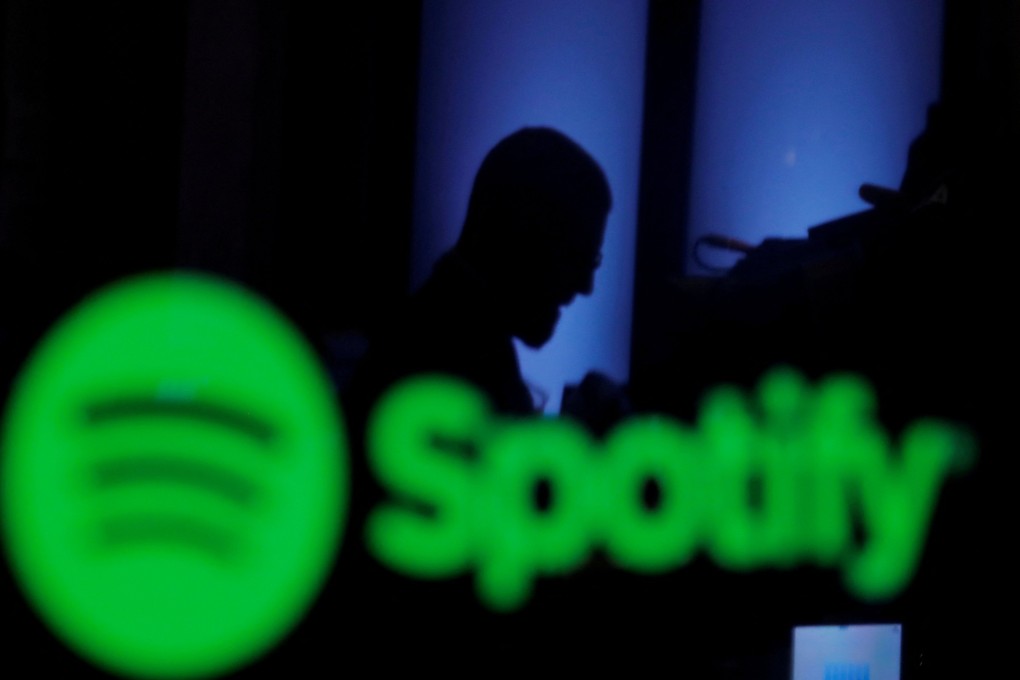Opinion | Spotify row shows how moderation can play a role in stopping online abuse, Covid-19 misinformation
- Scientists and health care workers are calling on platforms to do more to combat harassment and misinformation as the pandemic enters its third year
- While there are genuine concerns, we must take care to preserve the discourse and not quash people’s passion and engagement

As the Year of the Tiger gets under way, public health professionals are starting to bare their claws over the state of online discourse. The science journal Nature recently published a comment piece expressing concern about social media abuse experienced by scientists during the pandemic, calling on platforms to do more.
The second approach of “positive moderation” – not in the glib sense of happiness but of something that is additive – refers to one based on balancing out disagreeable content through reasoned criticism and contextualisation.
The thesis argued that, in communities trying to further knowledge and improve discourse, positive forms of moderation must take precedence over blocks and bans. Today, the idea of a clear distinction between negative and positive approaches looks simplistic, with social media platforms increasingly using warning labels and fact-checkers.
